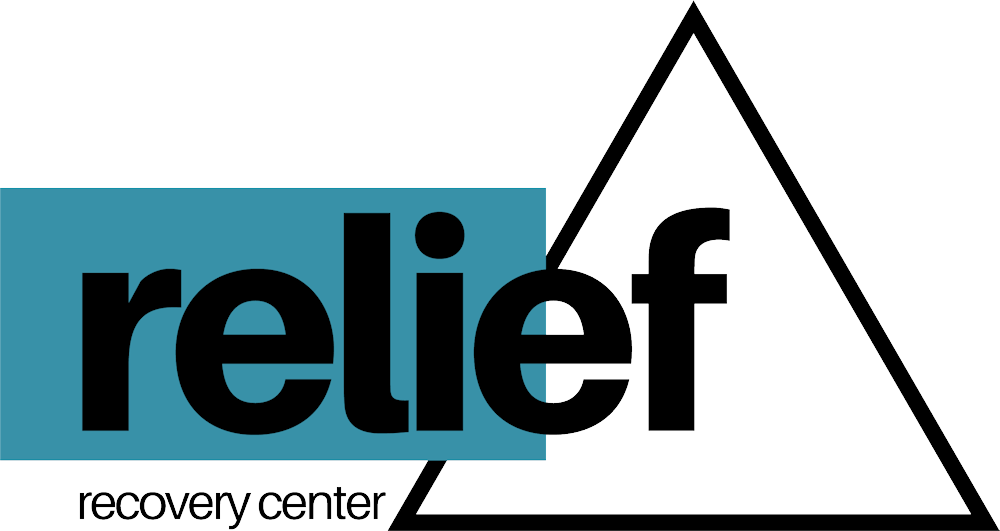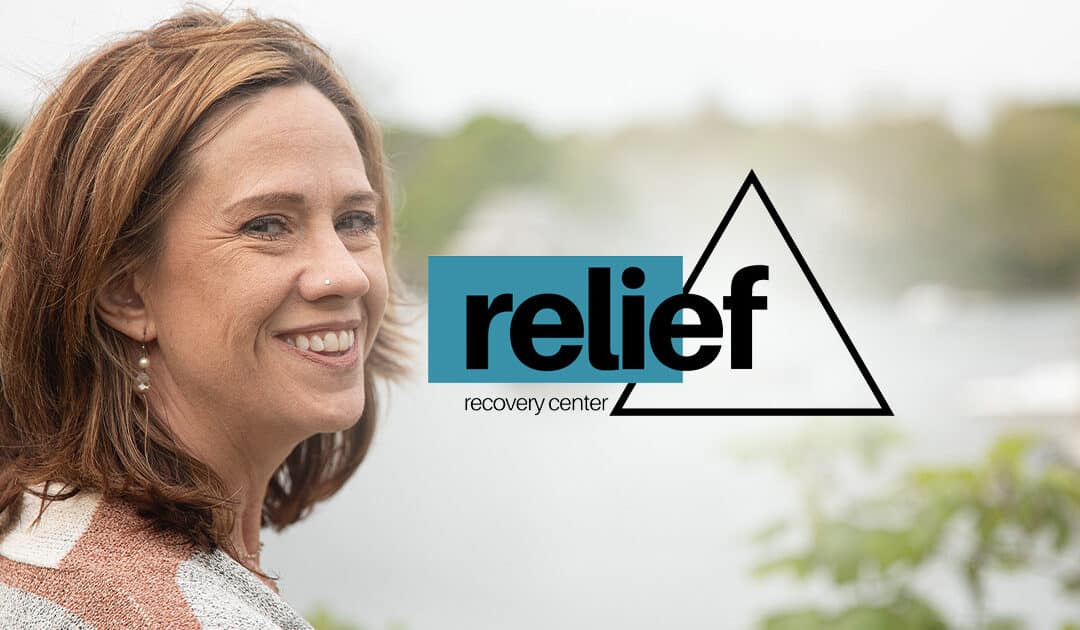Introduction
Have you ever woken up after a night out feeling not just physically drained but also anxious and jittery? That’s what many young adults experience and it’s called hangover anxiety or hangxiety. This phenomenon is more common than you might think.
Hangxiety refers to the anxious feelings that follow alcohol consumption, often accompanied by symptoms like restlessness and irritability. Young adults, in particular, are prone to experiencing hangxiety due to frequent social drinking.
Alcohol has a significant impact on mental health. It affects neurotransmitters in the brain, which can lead to mood swings, anxiety, and even depression. These effects are not just limited to the time when you’re drinking but can extend to the next day as your body processes the alcohol.
Hangover anxiety is different from the typical hangover symptoms like headaches and nausea; it specifically targets your mental state. Understanding this can help you better prepare for and cope with its aftermath.
For a deeper dive into how alcohol affects mental health, check out this article from Healthline.
Understanding Hangover Anxiety
Hangover anxiety, often called hangxiety, is more than just feeling a bit off after a night of drinking. It’s the intense worry and unease that can follow alcohol consumption, affecting many young adults. Unlike a typical hangover, which shows up physically with symptoms like headaches and nausea, hangxiety focuses on your mental state.
Common Symptoms of Hangover Anxiety
When dealing with hangxiety, you might experience:
- Restlessness: An inability to relax or sit still.
- Irritability: Feeling unusually annoyed or frustrated over minor issues.
- Racing Heartbeat: An accelerated heart rate that feels uncomfortable.
- Upset Stomach: Nausea or stomach discomfort without any clear physical cause.
- Sweating: Excessive perspiration that isn’t related to external temperature or physical activity.
These symptoms can make an already rough morning feel much worse. They often add to the emotional toll of a typical hangover by bringing in layers of psychological distress.
How Hangover Anxiety Differs from a Typical Hangover
A standard hangover usually includes:
- Headaches
- Fatigue
- Dehydration
- Muscle aches
Hangxiety adds a psychological layer to these physical symptoms. While both conditions can leave you feeling lousy, the psychological effects of alcohol are what set hangxiety apart. Alcohol disrupts neurotransmitters in the brain, leading to mood swings and heightened anxiety.
External Resources
For more information on understanding hangxiety and its symptoms, check out these resources:
These articles delve deeper into how hangxiety impacts mental health and offer insights into managing its symptoms.
Understanding the differences between a typical hangover and hangxiety helps identify suitable coping methods, making it easier to deal with those tough mornings after heavy drinking.
Causes of Hangover Anxiety
The Physiological Effects of Alcohol
Alcohol significantly impacts neurotransmitters in the brain, particularly GABA receptors. These receptors usually help to calm neural activity, but alcohol initially enhances their calming effects before causing a rebound effect that leads to increased anxiety once the alcohol wears off. This fluctuation can leave you feeling on edge and uneasy.
Alcohol also affects serotonin levels, another neurotransmitter related to mood regulation. Lowered serotonin can contribute to feelings of anxiety and depression, adding another layer of discomfort to your hangover.
Additionally, it’s important to note that alcohol consumption can lead to various physiological changes in the body that may further exacerbate these feelings of anxiety.
The Role of Dehydration
Dehydration is a common aftermath of heavy drinking. When dehydrated, your body struggles to maintain normal physiological functions, leading to symptoms like:
- Headaches
- Dizziness
- Increased heart rate
These symptoms can exacerbate feelings of anxiety. Staying hydrated by drinking water or electrolyte-rich fluids can help mitigate some of these effects.
Reflecting on Past Behaviors
Past behaviors play a significant role in hangover anxiety. Excessive drinking often goes hand-in-hand with poor coping mechanisms for stress and social pressure. Reflecting on these behaviors can be uncomfortable but necessary for understanding why hangxiety occurs.
Have you ever found yourself drinking more than planned because of social settings? Or maybe using alcohol as an escape from daily stressors? These habits can contribute to the severity of your hangover anxiety.
Additional Resources
Here are some helpful external resources for deeper insights into the physiological and psychological effects of alcohol:
Understanding these causes helps demystify hangover anxiety, making it easier to handle when it strikes.
Identifying Symptoms of Hangover Anxiety
Hangover anxiety, or “hangxiety,” often shows up through a variety of physical and emotional signs. Knowing these signs can help you manage and ease the discomfort that comes with it.
Physical Symptoms
Here are some common physical symptoms of hangover anxiety:
- Racing heartbeat: One of the most common symptoms of hangxiety is an elevated heart rate. This can be particularly unsettling, making it difficult to relax.
- Upset stomach: Nausea, vomiting, and general stomach discomfort are frequently reported. This could be due to alcohol’s irritating effect on the stomach lining.
- Sweating: Excessive sweating, even in cool environments, can occur as your body tries to expel toxins and regain balance.
Emotional Symptoms
Here are some common emotional symptoms of hangover anxiety:
- Restlessness and irritability: Feeling edgy or irritable is typical during hangxiety episodes. This may lead to a sense of unease that lingers throughout the day.
- Heightened worry: Excessive worry or paranoia about past actions while drinking can amplify feelings of anxiety.
The duration for these symptoms varies but typically lasts between 6 to 20 hours after drinking. During this period, individuals might experience fluctuating intensities of these symptoms as their bodies work to metabolize the alcohol and return to normalcy.
Recognizing these symptoms early on can make a significant difference in how you approach your recovery. Taking proactive steps towards hydration, rest, and avoiding further stressors can aid in mitigating hangover anxiety effectively.
Coping Strategies for Hangover Anxiety
Hydration is Key
Staying hydrated after a night of drinking can significantly alleviate symptoms like headaches and fatigue. Here are some effective rehydration techniques:
- Drink Electrolyte-Rich Fluids: Beverages like sports drinks, coconut water, or oral rehydration solutions can help replenish lost electrolytes.
- Consume Hydrating Foods: Watermelon, cucumber, and oranges are refreshing options that also boost hydration levels.
For more comprehensive rehydration strategies, you might want to explore these tips for recovering after a marathon, which also applies to hangover recovery.
Prioritize Quality Sleep
Adequate sleep helps restore balance in both the body and mind. To create a restful environment:
- Use Blackout Curtains: These can block out unwanted light, making it easier to fall and stay asleep.
- Practice Relaxation Techniques: Wind down with activities like reading a book, taking a warm bath, or listening to calming music.
For more insights on improving your sleep hygiene, consider visiting this resource on sleep hygiene.
Effective Relaxation Methods
During a hangover episode, certain relaxation methods can help reduce anxiety levels:
- Mindfulness Meditation: Focus on your breath and present moment to calm your mind.
- Deep Breathing Exercises: Practice slow, deep breaths to lower stress hormones.
- Gentle Yoga Stretches: Simple yoga poses can relax both your body and mind.
Reach Out for Support
Connecting with friends or loved ones during hangover anxiety can be incredibly helpful. Open conversations about how you’re feeling foster understanding and solidarity among peers who have had similar experiences. If you find yourself struggling more than usual, consider reaching out for professional support. You can contact us here for assistance.
Embrace Self-Compassion
Self-compassion is crucial when dealing with alcohol-related guilt.
“Practice self-forgiveness instead of dwelling on past mistakes made while intoxicated.”
Shifting your mindset towards healing both physically and emotionally promotes better recovery.
Avoid Stimulants
Consuming stimulants like caffeine or nicotine during recovery may exacerbate feelings of restlessness or nervousness. Opt for calming herbal teas such as:
- Chamomile Tea
- Valerian Root Tea
These can offer relief from discomfort caused by excessive drinking at social gatherings.
Plan Ahead for Social Events
Planning ahead before attending events where alcohol will be present can make a big difference:
- Set Limits on Personal Intake: Decide beforehand not to have more than two drinks.
- Engage in Alternative Activities: Enjoy dinner together before heading to an event to reduce focus on heavy drinking.
Proactive measures like these significantly reduce vulnerability towards experiencing intense episodes of heightened worry following excessive indulgence.
Understanding how to manage hangover anxiety through effective coping strategies ensures you’re better prepared for next time.
Seeking Professional Help When Needed
Recognizing when it’s time to seek professional assistance is crucial. Persistent hangover anxiety, often referred to as hangxiety, can significantly impact your daily life, making it difficult to function academically or socially.
Signs You May Need Professional Help
- Interference with Daily Functioning: If severe bouts of post-drinking distress start interfering significantly with daily activities (e.g., missed classes, avoiding social outings), this is a red flag.
- Persistent Symptoms: Ongoing symptoms that don’t seem to improve despite trying various coping strategies.
- Emotional Distress: Feelings of hopelessness, extreme irritability, or overwhelming anxiety that persist long after the alcohol has left your system.
Don’t wait until these issues worsen. Keeping those coping strategies handy is great, but reaching out for support sooner rather than later can make a big difference. Remember, you deserve support too!
You Are Not Alone
Facing these challenges head-on can feel isolating, but there is hope beyond this temporary state; brighter days lie ahead. Take heart and keep fighting back against those pesky hangovers and the anxieties they bring forth because victory ultimately belongs to you! You got this!!
Immediate Help and Resources
For anyone needing immediate help finding appropriate resources for substance misuse issues—be it therapy options available locally or helplines offering guidance—there’s no shame in reaching out. Seeking help shows strength, not weakness!
Let’s break the stigma surrounding mental health struggles by being open about our own journeys while also supporting one another along the way forward.
Here are some examples of resources that can help:
- Alcohol Addiction Treatment: A comprehensive program designed to help individuals overcome alcohol addiction.
- Coping with Hangovers: Expert tips on how to manage hangovers effectively.
- The Science Behind Alcohol and Anxiety: An insightful read into how alcohol impacts anxiety levels.
You are not alone in facing these challenges! Reach out and take the first step towards a healthier, happier you by considering professional help such as addiction therapy or exploring rehab programs that could provide the necessary tools to overcome these challenges.



